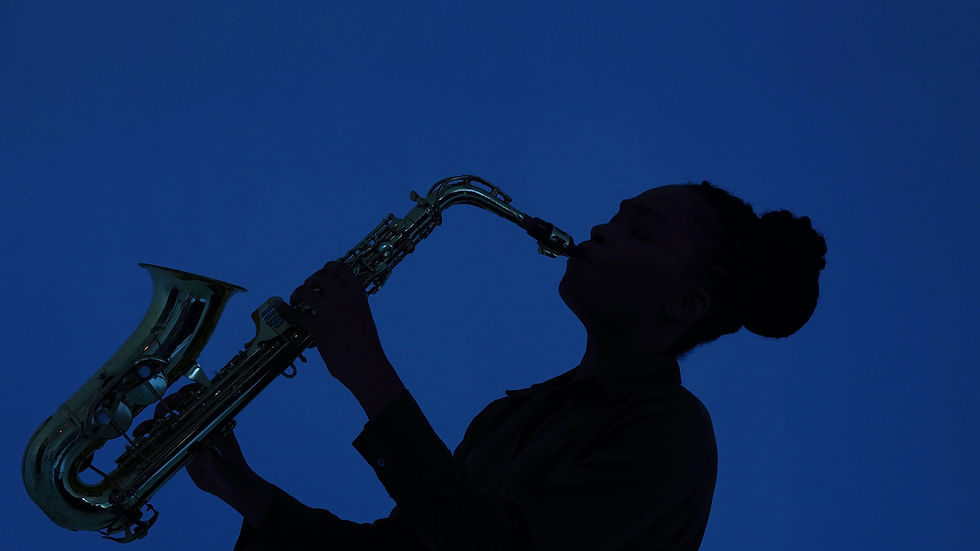- Goldilocks Playroom

- Sep 13, 2022
- 3 min read
Updated: May 4
The differences between Practicing and Playing
Believe it or not, many instrument players who just start out often misunderstand the differences between Practicing and Playing. Many of them think by playing cool riffs and having their hands moving around their instruments to their favorite songs is called Practicing. They assume that they have reached their goal of practicing instrument by playing for a certain allocated time frame.

In theory, it is obvious for instrument players to distinguish practicing from playing, however in practical sense, it is very common that beginners do not really understand on the differences between Practicing and Playing.
Practicing instrument is something that you are working on after you learned the thing for developing your instrument skills into the next level which can be both physical practice and mental practice.
Playing instrument by definition is the actual application or use of an idea, belief, or method as opposed to theories about such application or use. This is done by performing (an activity) or exercise (a skill) repeatedly or regularly in order to improve or maintain one's proficiency.
For example, if a guitar player already knows how to comfortably play a lick at 120 bpm without any mistakes and their goal is to achieve the lick at 150 bpm, playing the same lick at 120 bpm everyday will not help them reach their goal of getting it done at 150 bpm. Their best move is to work on their speed up by practicing a variation of different speeds. It's not a matter of achieving it first time, but the habit of variation. Sooner or later, one will master the art and true understanding of the guitar and the guitar will become an extension of oneself.
Variation is important while practicing. If one keeps repeating the same thing, they will get the same results. You want improvement. However, this does not mean repetition is not important. Repetition helps build confidence and proficiency. This results in one's ability to play their instrument as second nature. It is important to note, that practicing and playing instrument are two different things. Both are useful and used correctly will achieve tremendous success. Please find below a few core questions to ask yourself in order to make the most of your practice sessions and playing sessions.
PRACTICE:
When do you want to reach your goals of your instrument playing? What skills do you want to learn, are they Physical or Mental techniques?
What's your time frame?
What is the specific topic you wish to study?
What is the challenge(s) or mistake(s) that may occur?
What is the obstacle you wish to overcome and how will you do it?
PLAYING:
Do you know how to play your instrument seamlessly?
Is everything in your control?
Do you enjoy every moment you touch the instrument?
Have you revised all the things you have learnt so far?
How well do you express your feelings on the instrument?
Your result of your musical instrument ability comes from quality not quantity. It is important to distinguish the difference between playing the instrument and practicing the instrument. It is also equally important to ask yourself the hard questions to ensure that every moment spent with your instrument is a precious one.
If you are looking for a place to practice and focus on your instrument, we provide music rooms consist of all necessary high-quality tools and instruments with a warm cozy living room vibe to serve your practice session. Our space is suitable for everyone from beginners and hobbyists to virtuosos. Our music studio is in Takadanobaba, Shinjuku, Tokyo.
To Your Music Journey!
Feel free to contact us via LINE/Email/Phone
Goldilocks Playroom
Visit Us at: www.goldilocksplayroom.com




Comments